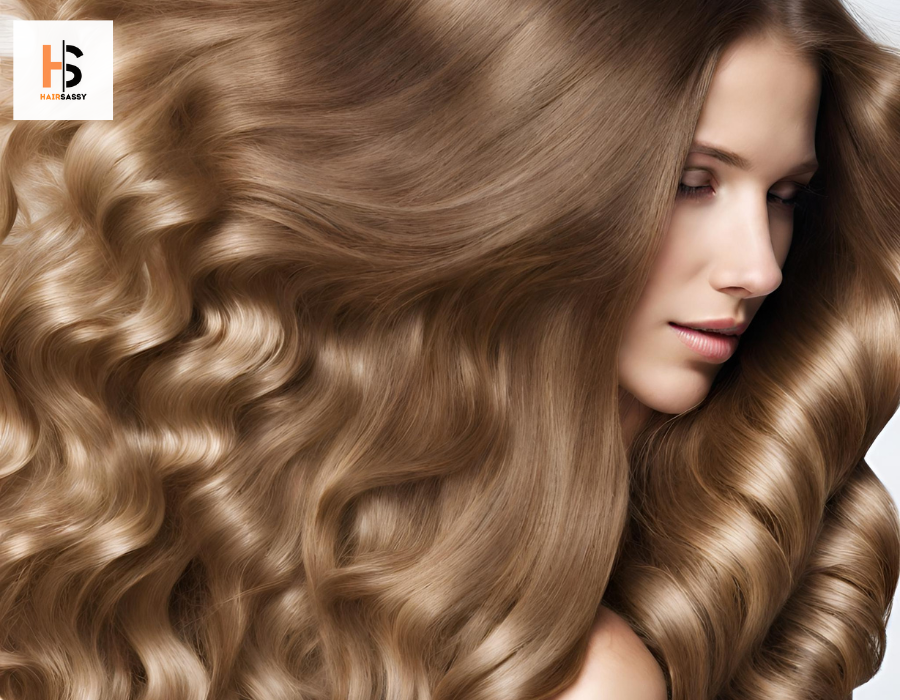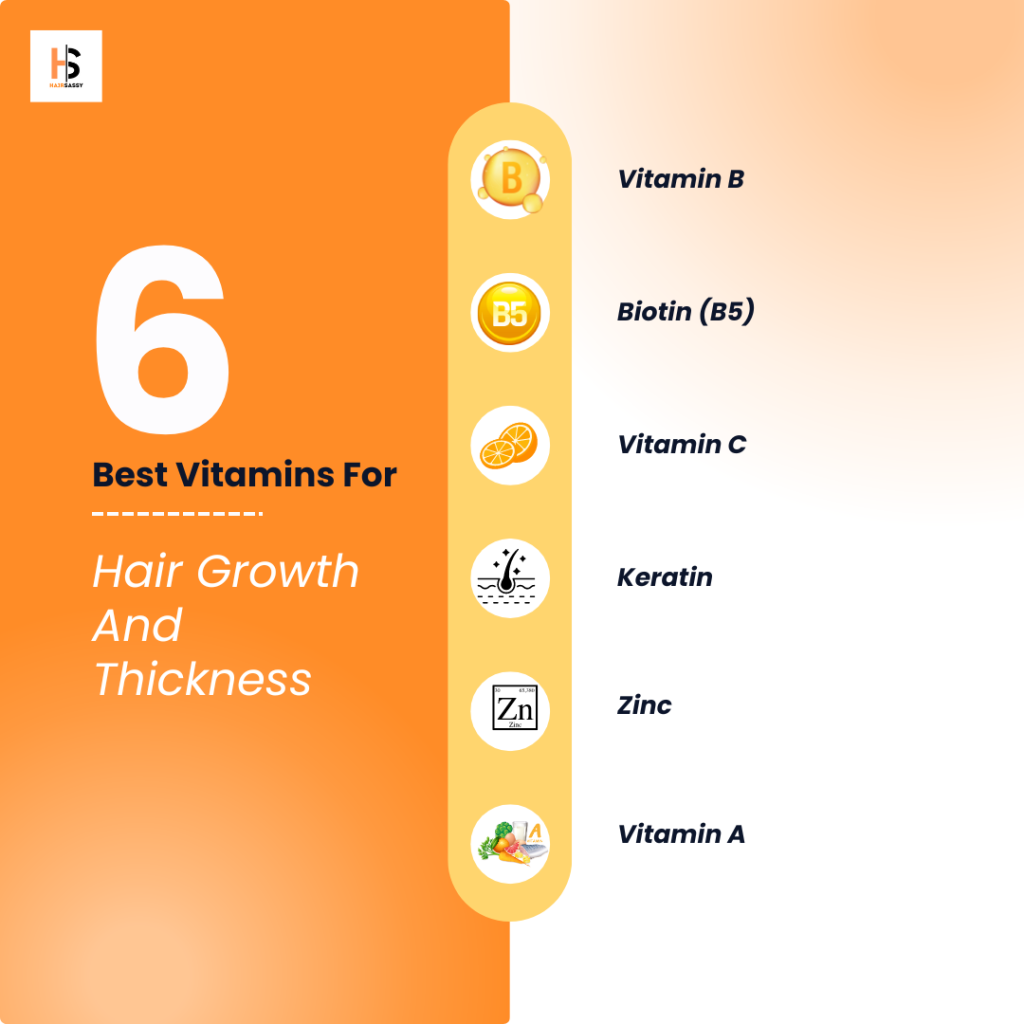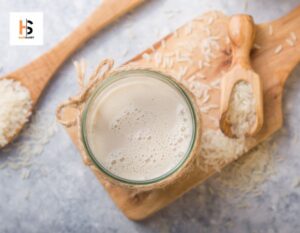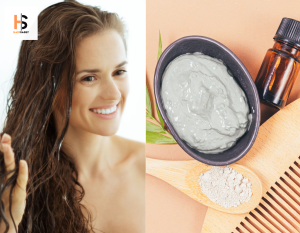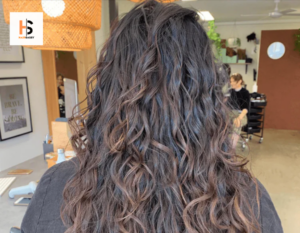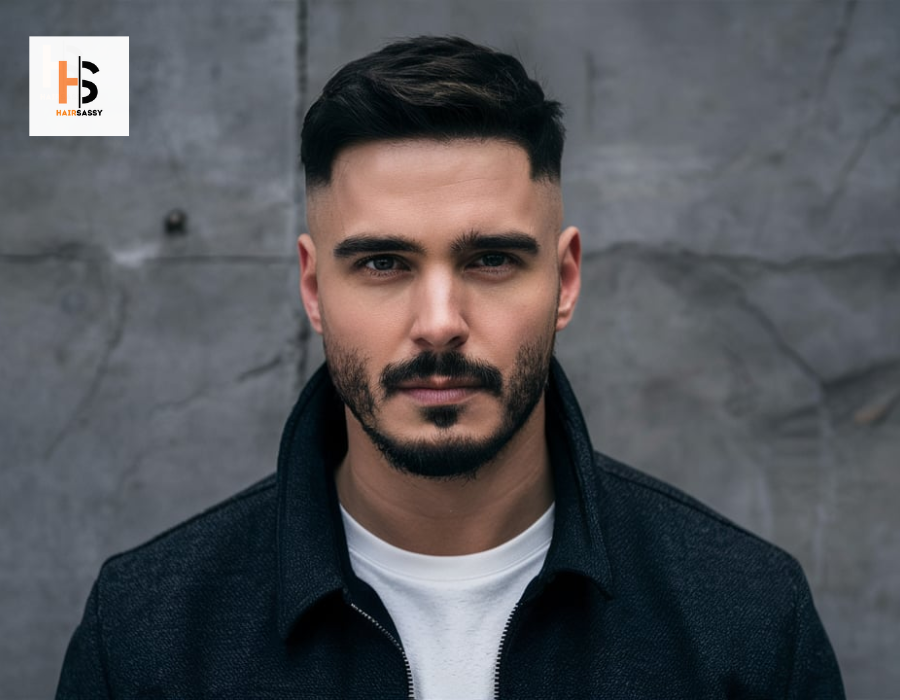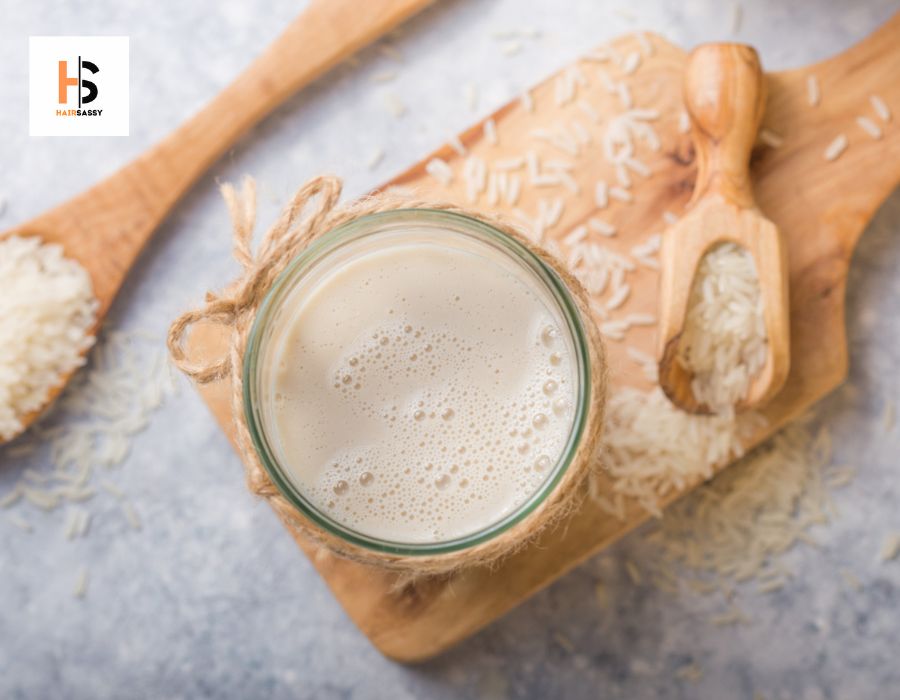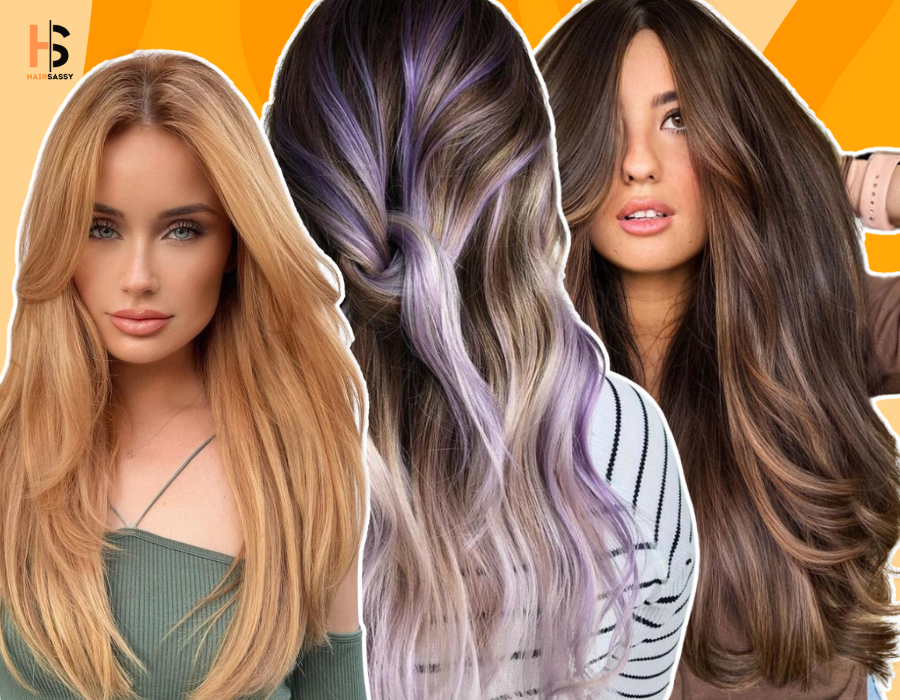Supplement and vitamins that say they will make your hair grow sound almost too good to be true. Does taking vitamins for hair growth and thickness better for you?
Numerous factors, such as not getting enough nutrients, can contribute to hair loss or thinning hair. Taking the right vitamins and supplements for hair might not fix everything, but it might make a difference in how your hair looks and feels.
Take a look at these supplement for hair growth that are known to support hair growth.
Choose The Best Best Vitamins For Hair Growth And Thickness
Hair growth and health are affected by many things, such as diet, genetics, medical conditions, hormones, and even worry. According to research, hair loss may be caused by not getting enough vitamin for hair growth and thickness that are needed for cells to grow and work properly
A cosmetic dermatologist in New York named Michele Green, M.D., says that vitamins are important for good hair growth and may help stop hair loss and thinning. B vitamins, vitamin D, vitamin E, zinc, biotin, and iron are some of the best vitamins for hair growth.
7 Best Hair Growth and Thickness Vitamins

Vitamin B
Group B vitamins help hair grow and are “essential for metabolism and nervous system function,” as Dr. Green puts it. “It’s no surprise that B vitamins like biotin (vitamin B7) and B12 are important for stronger hair and strength.”
Eating a balanced meal makes getting the daily recommended amounts of B vitamins easy. B vitamins can be found in a lot of different foods, like nuts, bananas, meat, fish, and whole eggs.
Biotin (B5)
Biotin, which is also called vitamin B7, is a complicated B vitamin that is said to help hair grow. Plus, some of the hype might be worth it. Dr. Green says that biotin helps make red blood cells, which bring oxygen and nutrients to the head and hair follicles. Besides that, it “helps make keratin, which is an important part of hair.”
The National Institutes of Health says that most people get enough biotin from the food they eat. Eating things that are high in biotin is the best way to get more. Dr. Green says that you should eat milk, eggs, bananas, salmon, sweet potatoes, and nuts. Talk to your doctor if you think you need an extra boost. Many biotin supplements for hair, skin, and nails have much higher amounts than what is suggested every day.
Vitamin C
Getting enough vitamin C is good for your health and may even make your hair better. Dr. Green says that vitamin C is important for good hair growth because it is a strong antioxidant. Vitamin C helps get more blood to all parts of your body, including your hair, says the woman. “Better blood flow to the scalp means that your hair follicles are getting more stimulation, which may help in healthy hair growth.”
Keratin
Dr. Green says that keratin is a protein that is found in our hair, skin, and nails. It’s something that your body makes on its own, and many supplements promise to help hair grow. As an alternative to taking a pill, Dr. Green suggests “supplementing” with keratin by eating protein-rich foods like eggs, beans, fish, and meats. She says, “There are no good studies that show keratin helps hair grow.” “Additionally, adding too much keratin can be bad because it can cause the body to store too much protein.”
Vitamin D
Dr. Green says that not getting enough vitamin D may cause hair loss. “Keratinocytes, which are skin cells that make keratin, break down vitamin D in the skin,” she says. “The keratinocytes in hair follicles have trouble helping hair grow when the body doesn’t get enough vitamin D. This leads to shedding and hair loss.”
Zinc
The body only needs very small amounts of zinc, which is called a trace element. It’s small but powerful, and it helps cells grow and makes DNA, among other things. “Low zinc levels have been linked to hair loss and slow wound healing,” says Dr. Green. Foods that are high in zinc, like meat, beans, nuts, and seeds, are what she suggests.
Also, if you lose or thin your hair often, you might want to talk to your doctor about whether or not a zinc vitamin could help you. A small study found that people with alopecia who have a low blood zinc level should take zinc supplements.
Vitamin A
Getting enough vitamin A might help your hair grow, but too much of it could make your hair fall out. Based on Dr. Green, vitamin A is a group of chemicals that includes retinol, retinal, retinoic acid, and provitamin A pigments. “A study with mice showed that dietary vitamin A turned on stem cells in hair follicles,” she says. “However, this is tricky…On the contrary, there is proof that too much vitamin A can cause hair loss.
She says that not getting enough vitamin A can make you lose your hair, but that doesn’t happen very often in the U.S. She also says that you shouldn’t take a pill unless you have proof that you’re not getting enough vitamin A.
She says it might be better to eat leafy greens like broccoli, kale, and spinach, as well as orange veggies like pumpkin and sweet potatoes and yellow vegetables like squash.
Other Natural Supplement for Hair Grow Faster
You can improve your hair health in more ways than one. For example, Dr. Green says that oils like coconut oil and rosemary oil become best hair growth vitamins and supplements which increase hair density. The number of hairs on people who used rosemary oil regularly for a few months went up
Another study that looked at coconut oil, mineral oil, and sunflower oil found that when used as a pre-wash and post-wash treatment, coconut oil was the only one that stopped protein loss in both healthy and damaged hair
How Well Do Hair Growth Supplement Work?
Some vitamins and pills may help people who aren’t getting enough nutrients grow their hair and stay healthy. This is because studies show that not getting enough minerals and vitamins, like zinc, iron, and vitamin D, can lead to hair loss. More study is needed to find out if hair growth supplements work for people who aren’t lacking in nutrients.
Experts Say These Are the Best Supplements for Hair Growth
A diet full of the vitamins and minerals that can promote hair growth is also helpful, and there are many over-the-counter products that are made just for people who are having trouble with hair loss or hair thinning. But as with any hair vitamins, you should talk to your doctor first.
How Supplement Reduce Hair Loss?
What you eat, your health background, and whether you’re already taking any other medicines or supplements will all affect which hair growth supplement is best for you. Vitamins and minerals like biotin and zinc are found in many hair growth supplements and help increase in hair. However, different recipes may have different mixes of these ingredients. Before taking a hair growth supplement, talk to your doctor. Some vitamins, like A and C, can be dangerous in large amounts.
Conclusion
Dr. Green thinks early hair loss treatment can reduce overall hair loss and improve efficacy. A hair loss consultation allows a doctor to review your family and medical history and examine your hair and scalp. Bloodwork can be sent to the lab to see if abnormalities are causing hair loss. A hair sample or scalp biopsy may also be collected to determine the cause of hair loss.
FAQs Related Hair Health
Which vitamin shortage causes hair loss in women mostly?
Hair loss is linked to biotin, iron, and zinc deficiencies. Reduced protein intake also causes hair loss.
Can you accelerate hair growth?
Zinc and iron-rich foods may increase hair development. According to the American Academy of Dermatology, merely shampooing the scalp, using conditioner after every shampoo, and air-drying wet hair will improve hair health.
Do vitamins and supplements thicken hair?
Omega-3s and antioxidants may affect hair thickness, according to research.
